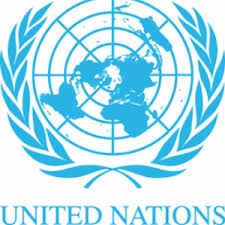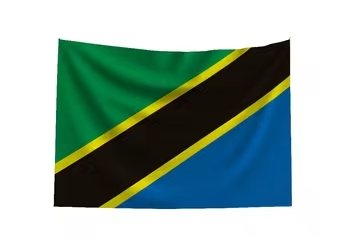The UN Human Rights Council has ordered an urgent investigation into alleged atrocities in the Sudanese city of El-Fasher, where survivors say paramilitary fighters left bodies rotting in the streets and used hunger as a weapon of war.
In a resolution adopted at a special session in Geneva, the Council tasked its fact-finding mission on Sudan with urgently probing violations in and around the North Darfur capital, and instructed investigators to “identify, where possible” suspected perpetrators so they can be held to account.
The move comes just weeks after the Rapid Support Forces (RSF) seized El-Fasher on October 26, ending an 18-month siege that aid agencies say pushed the city into full-scale famine and unleashed a wave of killings, rape and looting.
Displaced residents are still reliving what they endured.
From Al-Affad displacement camp in Northern State, Fatheya Mohamed Hussein recalled how food and water disappeared as RSF forces tightened their grip:
“There was no more ombaz, no cattle hide, we were thirsty and there was no water. They closed the wells. Tragedy after tragedy until we fled El-Fasher,” she said, adding that decomposing corpses lay uncollected in the streets, some dragged by dogs.
Another survivor, Adam, described humiliating searches at RSF checkpoints:
“They were searching us, even our underwear. If they found a single pound, they took it. There was beating, torture, people dying, others missing.”
Aid groups and UN officials say the city’s fall left hundreds dead and forced tens of thousands to flee. The International Organization for Migration estimates nearly 90,000 people have escaped El-Fasher and nearby villages, many walking through unsafe terrain without food, water or medical care.
The humanitarian picture is even bleaker countrywide. The latest UN-backed food security analysis and World Food Programme data confirm that famine conditions (IPC Phase 5) now exist in El-Fasher and Kadugli, both largely cut off from aid.
UN spokesperson Stéphane Dujarric told reporters that more than 21 million Sudanese — about 45% of the population — face acute food insecurity after over two and a half years of war. In areas where agencies have maintained regular access, famine-like conditions have been reversed; in besieged zones like El-Fasher, they have taken hold.
The conflict erupted in 2023 after relations collapsed between the Sudanese Armed Forces (SAF) and their former partner militia, the RSF, derailing a promised transition to civilian rule following the 2019 uprising. The World Health Organization estimates at least 40,000 people have been killed and some 12 million displaced, though aid agencies say the real death toll is likely far higher.
Both the SAF and RSF stand accused of atrocities, and several foreign powers are believed to be funnelling arms and support to the warring sides, fuelling what UN officials now call one of the world’s worst humanitarian disasters.
The new Human Rights Council mandate aims to preserve evidence and build cases for future prosecutions, including at the International Criminal Court, which has already begun collecting material on alleged crimes in Darfur. Whether that accountability arrives in time for those still trapped in El-Fasher is far less certain.




















